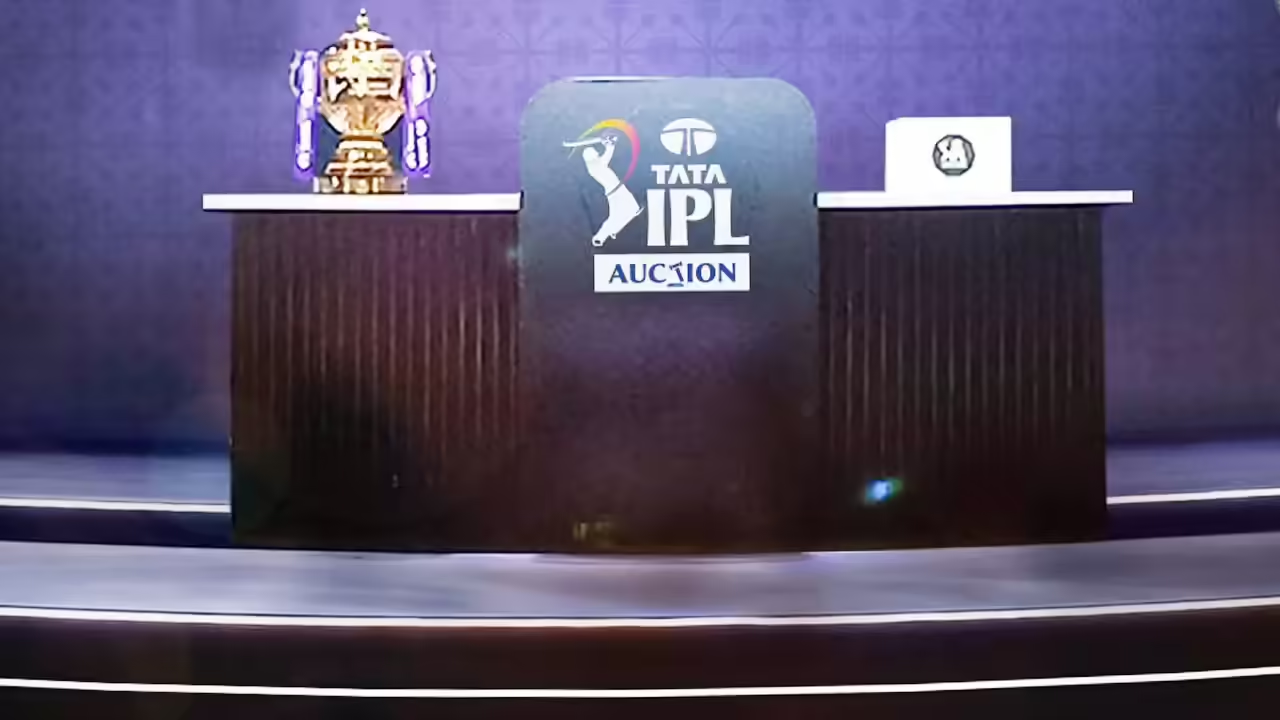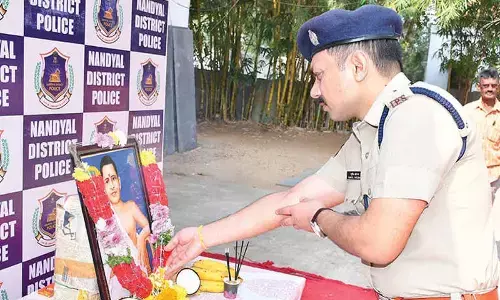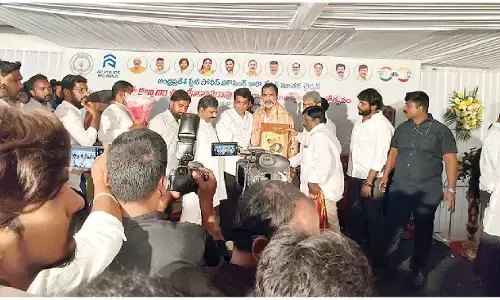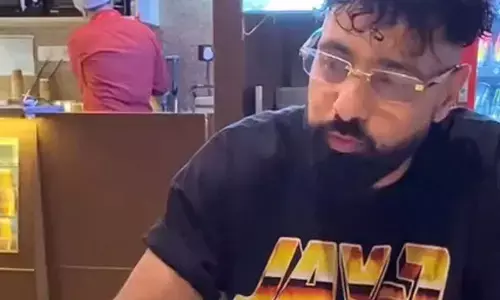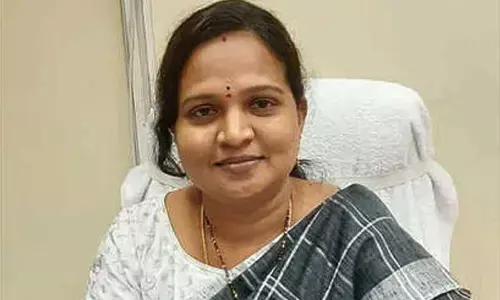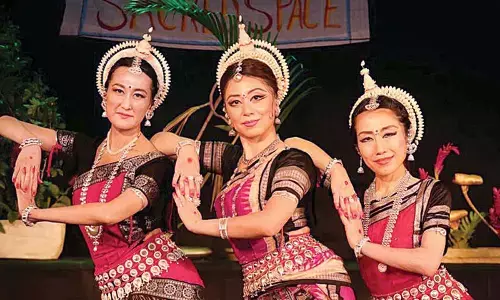Bengaluru: Public health expert calls for free vaccine for all
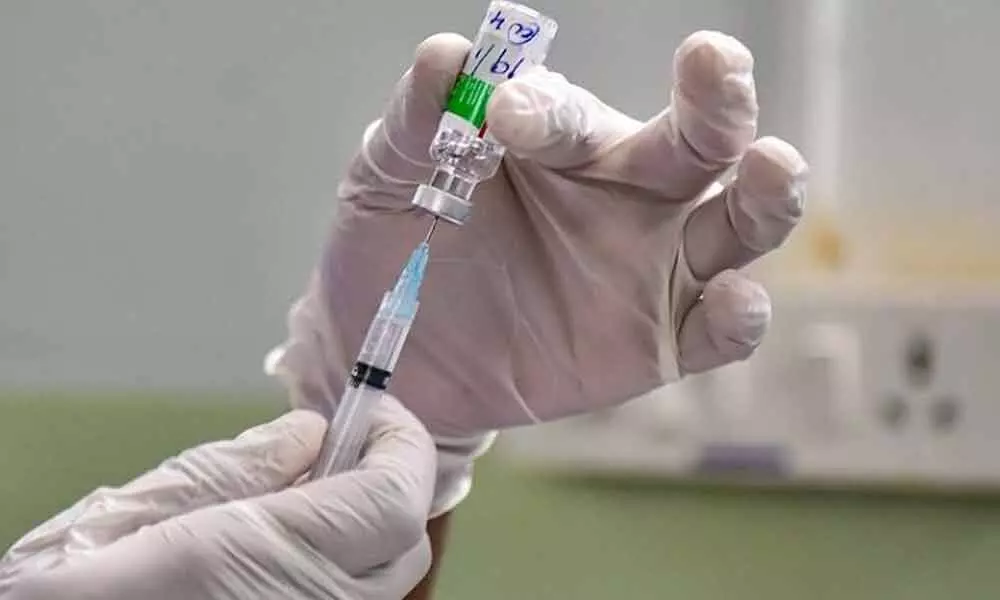
Public health expert calls for free vaccine for all
COVID-19 vaccines should be provided free of cost as any public health emergency requires public finance support, a prominent public healthcare expert advocated on Sunday.
Bengaluru: COVID-19 vaccines should be provided free of cost as any public health emergency requires public finance support, a prominent public healthcare expert advocated on Sunday. President of Public Health Foundation of India Prof. K Srinath Reddy also said if "super-spreader" events (large gathering of people) are prevented and everyone starts wearing mask, the coronavirus cases will start coming down in India within three weeks.
"Vaccination should be free because any public health emergency, particularly of an infectious disease, requires public financing to support it as it's considered to be a public good," Reddy told P T I in an interview. "Virtually, all economists in the world agree on it. So, there is no question of any country charging for public health emergency...people to buy (vaccines)," he said. Reddy was of the view that if somebody wants to have the comfort of going to a private hospital of their choice and getting vaccinated, then they can pay service charge there but vaccination itself should be free. On when he expects the ongoing second Covid-19 wave to peak in India, Reddy, who formerly headed the Department of Cardiology at the All India Institute of Medical Sciences (AIIMS), said it depends. He said he does not believe in mathematical modeling to estimate and predict COVID-19 infection cases as it does not take into account that India has both rural and urban areas which have different transmission rates. Reddy also added: "I don't take into account mathematical models which do not take into account that we have to act. All the models are only based on how the virus is acting; and not how we are reacting." "If we crack down tomorrow, prevent 'super-spreader' events with determination and everyone starts wearing a mask outside, within three weeks you will start to see the cases coming down," he said.
"On the other hand, if you don't do that and if you do that ineffectively, it can go on for several weeks". Asked if there will be a third COVID-19 wave in India, Reddy said there could be because even if the vaccination programme proceeds very well, the virus may still stay with us in milder form and may come back again. Otherwise, there could be other variants of the virus emerging and that could come as a third wave, said Reddy, who has been involved in several major international and national research studies, having been trained in cardiology and epidemiology. But he said it's not right to only worry about the third wave -- whether it's coming or not. "If it's not this virus, another virus can come. There can be the first wave of another virus.
You have to strengthen your public systems and your hospital systems to take care of that," said Reddy, who obtained M.Sc. (Epidemiology) from McMaster University (Hamilton, Canada). On managing COVID-19 cases, Reddy, who presently serves as an Adjunct Professor of Epidemiology at Harvard and is also an Adjunct Professor of the Rollins School of Public Health, Emory University and Honorary Professor of Medicine at the University of Sydney, said a large number of infected persons can still be treated at home and it would reduce pressure on hospitals. According to him, proper advisories on how to take care of oneself at home should be provided to everyone through local community networks and mass media. Primary healthcare centres can enlist the help of citizen-volunteers for checking people on homecare with oximeter and, if necessary, for blood pressure, and work out in advance, arrangements on emergency transportation if there is a deterioration in their health. Hospitals likely to have beds should be identified so that the patients don't have to run from pillar to post. Government should issue clearcut advisories on drugs for treatment of COVID-19 infection, Reddy said. He said drugs like Remdesivir have been dropped from the WHO list because they have not shown to be useful. But there is a huge amount of over-prescription of that drug and "profiteering" is going on. "So, the government should unambiguously state that it's not a drug that is approved," Reddy underlined.PTI








